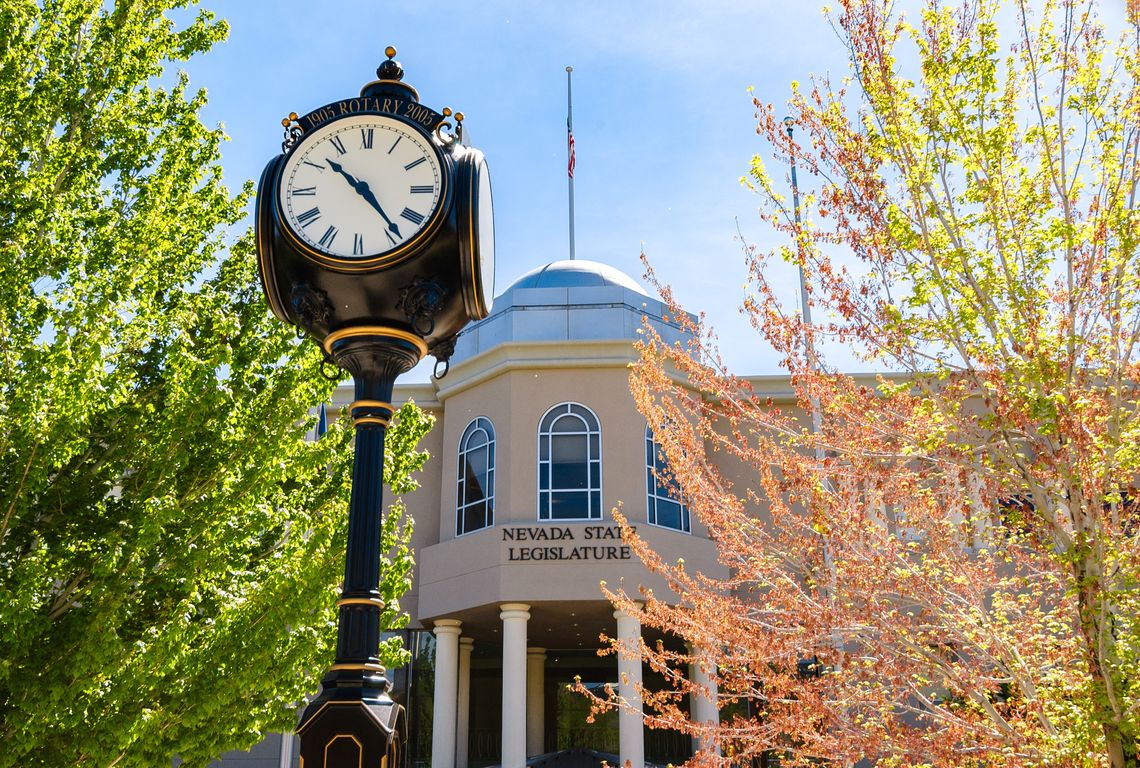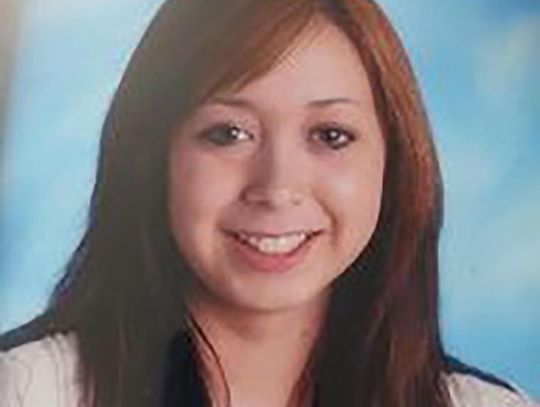Nevada lawmakers are looking at a new bill that could end daylight savings time in the state. Assembly Bill 81, also known as the "Lock the Clock Act," was introduced by Assembly Member Selena LaRue-Hatch during a legislative hearing on February 24.
The bill would put Nevada on permanent standard time, meaning clocks would not change twice a year as they do now. If passed, Nevada would join Arizona and Hawaii, which already do not observe daylight savings time.
LaRue-Hatch, who represents Assembly District 25 in West Reno, said the bill aims to improve public health and safety. She explained that changing the clocks in spring and fall has been linked to health problems, including more heart attacks, strokes, and anxiety.
“There are documented negative health effects that come from observing daylight savings time and changing our clocks twice a year,” LaRue-Hatch said. “This bill is a way for us to immediately have positive impacts on our public health without us having to spend any money.”
The proposed law would take effect on January 1, 2026. Under the new plan, Nevadans would change their clocks one last time in November 2025 and then stay on standard time.
LaRue-Hatch said this plan avoids confusion. “If the whole point is to stop us from changing clocks, it doesn’t make sense for us to suddenly switch to standard time on July 1st,” she said.
Supporters of the bill say staying on standard time could reduce car accidents and improve mental health. Studies show that changing the clocks can lead to more traffic accidents and a rise in anxiety and depression.
Public health groups also back the bill. Annie Vong, representing the Nevada Public Health Association, said the group supports AB 81 because it could help prevent car crashes and reduce heart problems.
“Seasonal time changes pose a risk for public health when it comes to motor vehicle crashes and cardiovascular events,” Vong said.
The bill received support from others who testified. J.P. Pea, President of the nonprofit Safe Standard Time in Arizona, spoke in favor of the bill. “Daily saving time is simply a mandate to wake earlier and to sleep less,” Pea said. He added that permanent standard time is healthier and safer, especially for school children and outdoor workers.
Not everyone agreed with the proposal. Dr. Ron Ariel, a pediatrician, said the bill might be "a little premature." He suggested more research and discussions with key groups like tribal leaders, casino operators, and other businesses before making a decision.
LaRue-Hatch responded by saying she had spoken with many stakeholders, and none had expressed concerns. “I think the fact that many ordinary folks, non-lobbyists, have expressed support for this bill shows how popular this is among our constituents,” she said.
If passed, Nevada could become one of many states moving away from daylight savings time. Similar bills are being considered in California, Oregon, and Utah. The federal government would still need to approve the change, but LaRue-Hatch said Nevada should not wait for Washington to act.
“We need to enact something immediately for our constituents and hope that the federal government sees our example and catches up,” she said.
The Government Affairs Committee will continue to review AB 81 before deciding whether to move it forward in the legislative process.









Comment
Comments